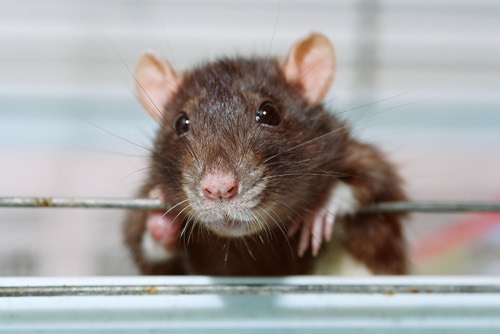The human feeling of regret has been demonstrated to be active in the actions of rats and in the same region of the brain in rats as it occurs in humans for the first time. Dr. A. David Redish, a professor of neuroscience in the University of Minnesota Department of Neuroscience, and Adam Steiner, a graduate student in the Graduate Program in Neuroscience, have demonstrated that rats experience regret.
The scientists state that there is a difference between regret and disappointment that must be defined to determine if rats experience regret. The definition used for regret was “Regret is the recognition that you made a mistake, that if you had done something else, you would have been better off.” While expressed in human terms the definition allowed the researchers to prepare an experimental design that measured the capacity of rats to experience regret.
The experimental design involved a series of stations where the test animals could receive a food reward. The amount of time the rats could wait was limited. The rat’s preference for certain flavors was a determining factor in how long the rats were willing to wait for a food reward. All of the rats experienced an occasion or several occasions where the rat decided to move on to a less preferable food from a more preferable flavor due to time.
The scientists measured brain activity in the test animals. The rats that made a poor choice showed high levels of electrical and chemical activity in the orbitofrontal cortex of the brain. The orbitofrontal cortex is the locus of activity when humans feel regret. The regret demonstrated in the rats was the loss of opportunity not the missed reward. The researchers equate this reaction to human regret. The objective of the research is to better define human decision making and examine human behaviors that lead to bad consequences and subsequent regret.















